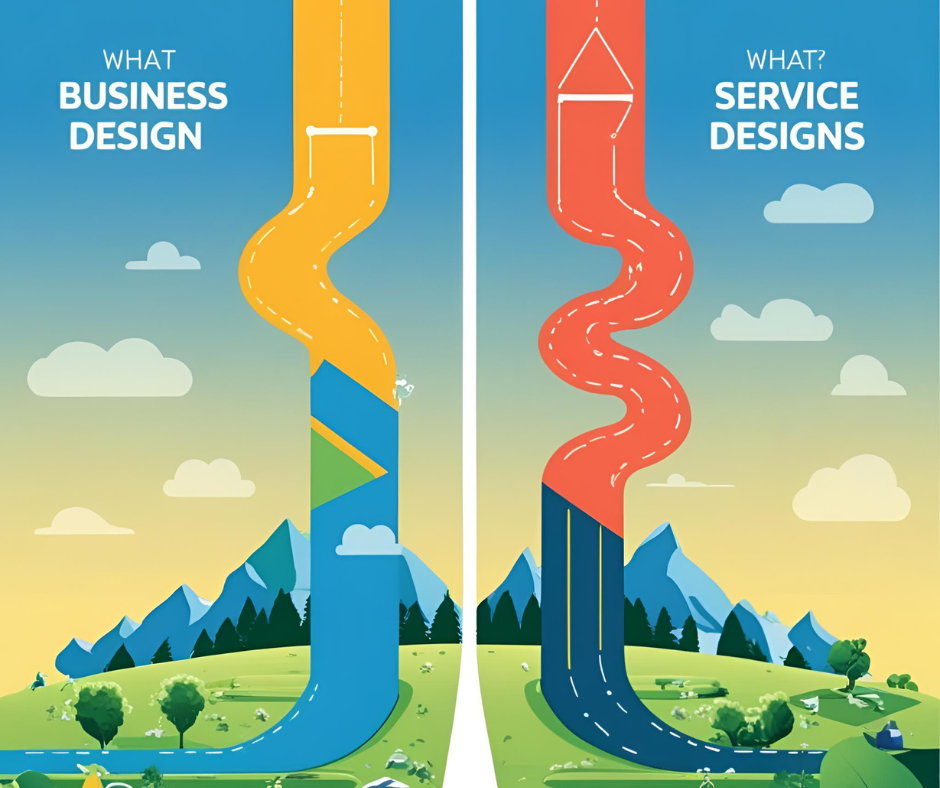Crafting a Winning Digital Strategy: Essential Elements to Include

Imagine you’re navigating through a dense forest. Without a clear map or direction, you quickly become lost, wasting valuable time and resources. Similarly, businesses today operate in a complex digital landscape, and without a clearly defined digital strategy, they risk losing direction, focus, and ultimately, customers.
In my extensive experience as a digital marketing professional, I’ve often encountered organizations overwhelmed by the myriad possibilities digital channels offer. Many dive into digital marketing without a concrete plan, leaving them unable to achieve measurable results. To succeed in the digital age, your business needs a clearly outlined strategy that effectively guides your actions and maximizes your resources.
This article outlines critical elements that should be part of every comprehensive digital strategy. We’ll explore:
- Crucial questions your digital strategy must answer
- Key elements to integrate into your digital marketing plan
- Real-life examples demonstrating effective digital strategy implementation
Let’s embark on this journey and uncover the elements essential for your digital success.
Essential Questions Your Digital Strategy Must Address
A strong digital strategy begins with clarity. To develop this clarity, businesses must answer several foundational questions:
- How can digital channels help us grow our business, increase market share, and achieve our business objectives?
- Who are we targeting specifically online?
- Which audiences are most crucial to our success?
- What compelling online value proposition can we provide to stand out and engage effectively with our target audiences?
- How can we leverage customer lifecycle tactics to drive more sales?
- What channels and platforms best enable us to reach and engage our target audience on desktop and mobile?
- How can we effectively partner with intermediaries, influencers, and publishers to amplify our reach?
- How can we seamlessly integrate digital and offline channels to optimize customer journeys and maximize conversions?
- In what ways can we enhance customer communication and experiences to improve retention and customer lifetime value?
- How should we structure, budget, and manage our digital marketing efforts as part of broader digital transformation initiatives?
Answering these questions sets the foundation for a focused and strategic approach, ensuring your efforts are aligned with clear business objectives.
Key Elements to Integrate Into Your Digital Marketing Plan
To create a comprehensive digital marketing strategy, several essential components should be addressed:
#1 Target Audience Definition and Segmentation
Clearly defining and segmenting your online audience ensures you deliver relevant messages. Consider demographics, behavior, value, and lifecycle stages to achieve highly personalized interactions.
#2 Unique Online Value Proposition (OVP)
Develop a compelling OVP that clearly differentiates your brand and communicates the unique value you offer online. Your OVP should resonate with your target audience’s needs and expectations.
#3 Customer Lifecycle Marketing
Utilize lifecycle marketing tactics—such as awareness, consideration, conversion, and retention—to strategically guide customers through the buying journey. Tailored communications at each stage boost engagement and conversion rates.
#4 Channel Strategy
Identify and leverage the digital channels your audience prefers. Prioritize platforms like search engines, social media, email marketing, and mobile channels to effectively reach and engage users.
#5 Partnership and Influencer Marketing
Strategically partner with influential intermediaries and publishing platforms to expand your reach and credibility. Collaborations and partnerships can significantly amplify your marketing efforts.
#6 Integrated Channel Management
Ensure your online and offline channels work harmoniously. Integrating digital and traditional channels enhances customer experience, promotes consistent messaging, and maximizes overall effectiveness.
#7 Customer Communication and Experience Enhancement
Prioritize improving your customer experience through superior service, personalized communication, and responsive engagement. Positive interactions drive loyalty, repeat business, and referrals.
#8 Digital Marketing Governance
Establish clear structures, resources, and budgets for managing digital marketing initiatives. Proper governance prevents the formation of isolated digital silos, promoting cohesive and efficient operations.
Real-Life Example: Effective Digital Strategy in Action
Consider an established retail brand facing declining sales due to increased online competition. The business lacked a clear digital strategy, causing fragmented efforts and inconsistent customer experiences.
By developing a comprehensive digital strategy—clearly defining target segments, crafting a compelling online value proposition, strategically integrating multiple digital channels, and enhancing customer lifecycle marketing—the brand revitalized its online presence. Within a year, the company saw a 40% increase in online sales and significantly improved customer retention rates.
Staying Focused: The Key to Digital Success
Given the vast scope of digital marketing possibilities, it’s critical to remain focused. Attempting to do everything simultaneously dilutes your effectiveness. Instead, prioritize tactics aligning closely with your strategic goals and audience preferences.
Tips to Maintain Focus:
- Prioritize tactics aligned with strategic objectives: Choose channels and activities most relevant to your business goals.
- Regularly review and refine your strategy: Continuously analyze performance data and adjust accordingly.
- Avoid spreading resources too thinly: Focus investments on channels demonstrating proven returns.
Conclusion: Building Your Roadmap to Digital Excellence
Developing a detailed digital marketing strategy isn’t simply beneficial—it’s essential. Clearly answering foundational strategic questions and integrating key marketing elements ensures your efforts are targeted, coherent, and effective.
With a structured strategy, you’ll successfully navigate the complexities of the digital landscape, maximize resources, and achieve sustained business growth.
Goal of the Article: Provide businesses with essential guidance and actionable insights to effectively develop, implement, and optimize their digital marketing strategies.
Character Summary: A successful digital strategy clearly defines target audiences, establishes a compelling online value proposition, integrates lifecycle marketing tactics, leverages key digital channels, and manages resources efficiently. Implement these critical components to effectively engage and convert customers.






